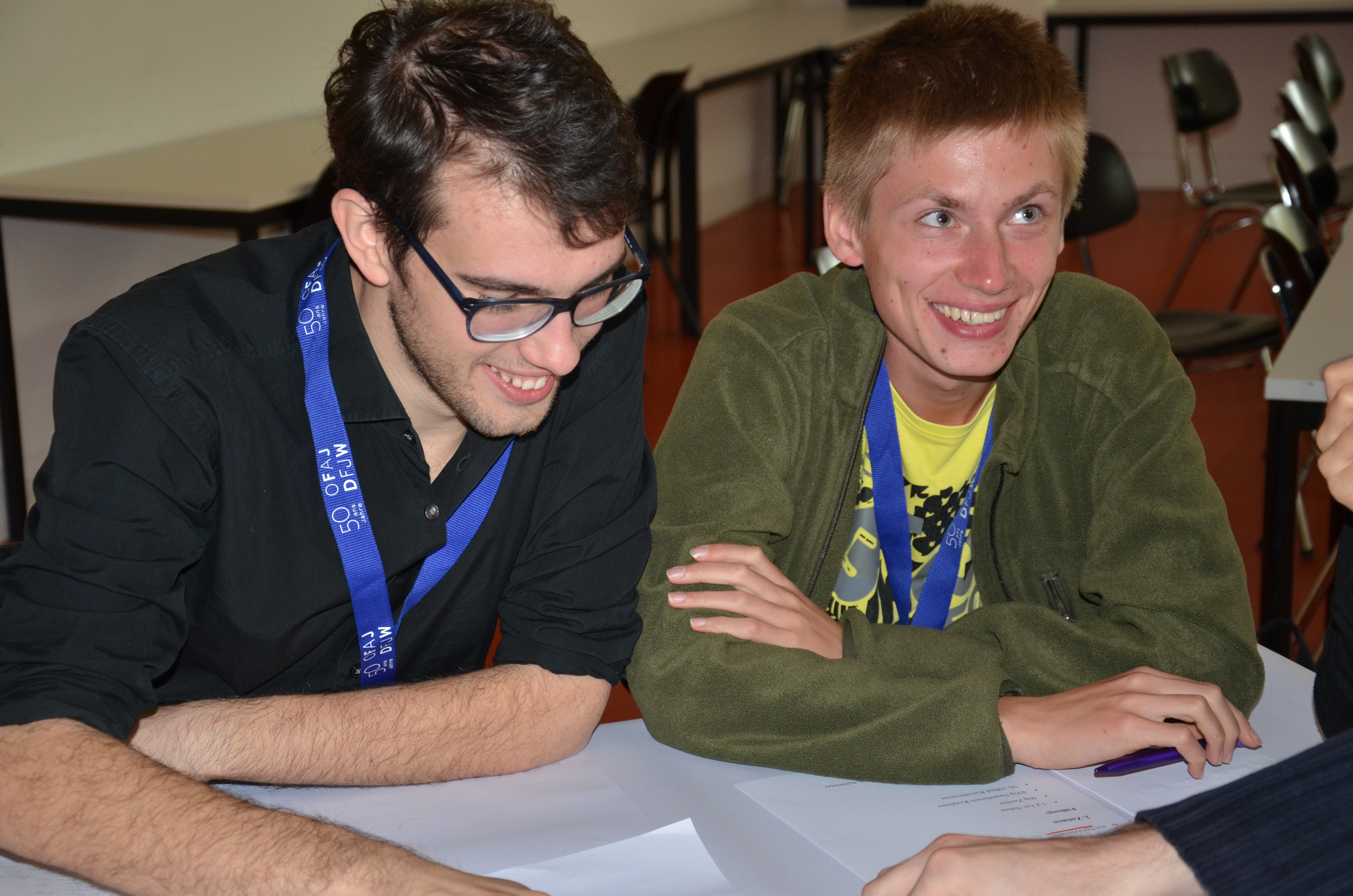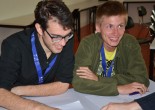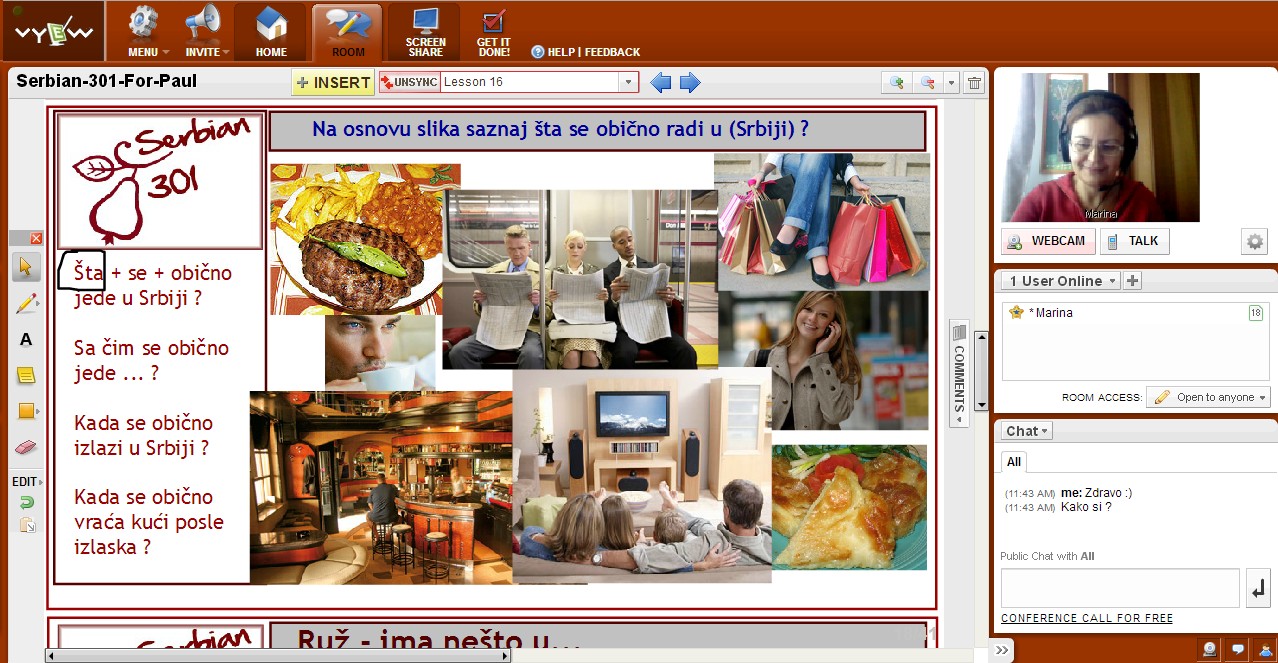For learners
Have many of you have stopped learning a language? Or become frustrated or bored? I don’t think there’s anything worse than learning a language for years and not being able to speak it. I learnt Spanish for 5 years at school so I know the feeling well! The aim of this blog is to offer some suggestions and ideas for keeping going and SUCCEEDING in the language you want to learn!
Firstly, if we look at successful learners of languages we can pick up some useful tips. In the book Babel no More, Michael Erard went in search of exceptional language learners and one of the things he found was that they are quirky – meaning that they have their own unusual ways of learning that work for them. The trick is to find these strategies. Examples include:
Mimicking– You choose a short phrase, sentence or longer text in the target language that is interesting for you, like on an mp3 or podcast, and you mimic, or repeat what they just said out loud as accurately as you can (one learner of mine said that this is how he learnt a lot of his basic German).
Memorisation – Memorise a short text, or song until you can say it automatically. Here is a little exercise with the song ‘Stuck in the Middle with You’.
Chunks – Learn helpful chunks, or phrases in the target language instead of individual words or sentences. Chunks can often help you manage conversations more easily, by reducing the amount of thinking required.
There is lots of research which shows that successful language learners use a wide variety of strategies, which help them to learn a language more quickly and more enjoyably!
Characteristics of Good Learners
So we know that good learners use a variety of strategies to help them learn. But what are some other characteristics of good learners? Typically, good learners do the following (Rubin & Thompson: 1982, full list here)
1) They take responsiblility for their own learning.
2) They organise their study of the language.
3) They are creative. They experiment with the language they want to learn.
4) They create their own opportunities for practicing the language both inside and outside the classroom
5) They can live with uncertainty. They don’t panic when they can’t understand a word or phrase and continue speaking, listening or reading.
So, now we know about the characteristics and strategies of good learners – the challenge is how to build a system which can help you achieve your goal of learning that language!
Why do I need a system? And why Decentralised?
A system is a more efficient way of carrying out a complex task – like learning a language. A system also has it’s own routines and behaviour, it is predictable and reliable. Once you’ve organised a system that works for you – then I predict that language learning will be easier. The important thing is that you choose personalised strategies (e.g. listening to songs every morning in your target language). You can also change, modify, review and improve a system over time.
Decentralised is a long word but it just means that there is no central authority – no ‘boss’ in your language learning – apart from you! You are not reliant on
- Your teacher
- Your coursework
- Your class
But you have to take responibility for yourself and remain motivated -which isn’t easy! And something I’ll be talking about in upcoming posts.
Let me give you some examples of Decentralised Learning to make this clear:
Example 1: Learning Serbian
I’m learning Serbian (or Bosnian or Croatian, there are differences but they are mutually understood) . I have lessons via the internet with my teacher Marina, who lives in Novi Sad, Serbia. She uses Vyew as a teaching platform, and we use Skype to talk to each other. I also use a Skype Recorder to record our lessons and listen later to my mistakes! Here is our online classroom:
In addition, I listen to podcasts in Serbian when I’m travelling to work everyday and watch films with Bosnian/ Serbian/ Croatian subtitles. I also have two tandem partners who I speak to when they’re not both busy! In case you’re wondering a ‘tandem’ is a free language exchange – you meet and both talk in the language you want to learn. So, your partner might speak English for 30 minutes and then you speak Serbian for 30 minutes. Here are two free tandem services, The Mixxer and Tandem Exchange. Tandems can of course be in person or via Skype.
In English, I’m a news junkie so I try to read news stories in Bosnian. I also use a Flashcard Tool, Anki to review vocabulary. I love music so I listen to songs that I really like and try to memorise the lyrics.
So I hope that in terms of learner characteristics I take responsibility, I’m organised and I practise outside of the classroom. What I need to work on is being more creative and living with uncertainty – as I often ‘freeze up’ during a conversation when I can’t think of something to say!
Regarding strategies, it really helps me to record my classes with Marina and play them back later. When I make a mistake I say the correct word or phrase out loud – I often criticise myself too! When I read texts I stop myself from looking up every word (in Google translate) and carry on reading. Often the meaning becomes clear if I just continue (this is something native speakers do in their own language). In future I might try keeping a diary as I think this could be a good way to learn (perhaps using Penzu).
Example 2: Lingua Camp Berlin 2013
A perfect example of Decentralised Teaching and Learning was Lingua Camp Berlin 2013, on 21st and 22nd September (many thanks to Christian Reuter and all the other organisers of this wonderful event!) Workshops were all organised by the participants themselves, sometimes in two or three languages, which was a really inspiring experience! I participated by giving a presentation and also as a German language learner. There were no coursebooks, or publishers – no one selling anything, just a group of people interested in learning languages.

Through this event, I saw what happens when learning and teaching is decentralised – there is a tremendous release of POWER and ENERGY!
CONCLUSION: For Learners
I hope that I’ve given you some helpful initial advice and information on Decentralised Learning. I’ll be exploring Decentralising Teaching and Learning over the next year and I’d like you to join in and tell me about your learning experiences. If you have a negative or a positive language learning experience then write a comment, or drop me a line if you’d like to write a post!
Future posts include:
How I failed to learn….(insert language here!)…
How to Decenter your classroom
Teacher problems: Deskilling
Learner problems: Remembering vocabulary
Beating the plateau! How to continue improving and not give up
Flashcard Ninjas: How do they do it?
From the Learner’s Mouth: language learning tricks and tips



Heh Paulio…. keep up the good work
cheers from Mexico